While the election is behind us and Donald Trump is scheduled to be the 45th President of the United States, I’m trying to be hopeful that he will be a positive force for the country and do the right thing. But it’s getting difficult.

On Monday, (Dec. 12), Trump announced he would delay a press conference scheduled for December 15 to lay out exactly how he intends to disentangle himself from his business interests.
On November 30, Trump tweeted, “While I am not mandated to do this under the law, I feel it is visually important, as President, to in no way have a conflict of interest with my various businesses.”
“…in no way…” his words.
Then, these latest tweets, two days ago:
“Even though I am not mandated by law to do so, I will be leaving my busineses before January 20th so that I can focus full time on the…… — Donald J. Trump (@realDonaldTrump) Dec. 13, 2016.
“Presidency. Two of my children, Don and Eric, plus executives, will manage them. No new deals will be done during my term(s) in office. — Donald J. Trump (@realDonaldTrump) Dec. 13, 2016.”
If Trump’s sons manage his business interests that is the “way” conflicts would still exist.
Last July, House Speaker Paul Ryan was asked in a town hall meeting about the investigation into Hillary Clinton’s e-mails and any connection between the State Department and The Clinton Foundation.
“First of all,” Ryan said, “the reason we know about any of this, I would argue, is because of congressional oversight. Second of all, we want to make sure that everyone is treated equally. I believe that she has gotten preferential treatment throughout much of her career in that she believes she’s above the law. And I think everybody should be held accountable… we should treat people fairly.
“That’s the problem with Washington,” Ryan adds. “Everybody thinks there’s self-dealing and they think that people are being held to different standards. And the problem is, that’s true.”
That was Paul Ryan then. This is Paul Ryan now, (Dec. 7), speaking with CNBC financial analyst Andrew Ross Sorkin about Trump’s business interests:
“How do you want him to address his business conflicts?” Sorkin asks.
“However he wants to,” Ryan says. “I have every bit of confidence he’s going to get himself right with moving from the business guy that he is to the president he’s going to become.”
So, in five months we go from Ryan rightly stressing the importance of holding officials “accountable” regarding “fairness,” and “self-dealing” to “however he wants to” when it comes to Trump’s clear conflicts.
Mr. Speaker, you just defined a double standard.
In her weekly column in The Wall Street Journal, Peggy Noonan cautioned (Nov. 26), “…now for the first time in [Trump’s] life, money, profit, the deal is not his job. He can’t help the family business as president. He can’t help his children make a living, as president… Which means putting the ways and habits of a lifetime behind him. Because he’s entered something much bigger: the presidency.”
Sober words. But Noonan is a former speech writer for Ronald Reagan. She’s not a professional ethicist.
Here’s what former White House ethics lawyer to George W. Bush, Richard Painter, had to say in an editorial (Dec. 2):
“One of Mr. Trump’s most lucrative initiatives has been the licensing of the Trump brand — and name. There are Trump-branded properties like towers and hotels in some 20 countries. … No president,” Painter points out, “should allow his name to be put on commercial properties in return for payment. The presidency is not a branding opportunity. President Trump can’t do this unless he wants to create the impression that he is being paid off.”
This is one key aspect of the Emoluments Clause.
Global Security Risk –
“A building branded,” Painter writes, “with the name of an American president — any president, but perhaps especially Mr. Trump — would be a tempting target for terrorists and other enemies of the United States. Who is going to protect the buildings? Will the Trump organization hire a security firm to do the job, or will the American taxpayer be on the line for the bill? Will foreign governments offer to pay to secure the properties — a subsidy of the Trump organization that would probably violate the Emoluments Clause? If a terrorist attack, a botched security operation or some other tragedy happens on a Trump property, the United States could easily get drawn into a conflict abroad. And our adversaries know this.” …
Litigation Risk –
“In Clinton v. Jones,” Painter continues, “the Supreme Court ruled that the president can be sued in his personal capacity and required to testify in depositions and at trial. Sexual misconduct is a litigation magnet; extensive business operations are another. If Mr. Trump owns his businesses while he is president, it will be a lot easier for plaintiffs’ lawyers to sue him on behalf of customers, counterparties, investors and others, and to require his testimony under oath. …
“How can Mr. Trump focus on defending the country,” Painter writes, “if he has to waste time defending himself in court? …
“… the Emoluments Clause,” Painter explains, “bans payments to an American public official from foreign governments. Yet they will arise whenever foreign diplomats stay in Trump hotels at their governments’ expense; whenever parties are organized by foreign governments in Trump hotels (Bahrain just announced such a party in a Trump hotel this week); whenever loans are made to the company by the Bank of China or any other foreign-government-owned bank; whenever rent is paid by companies controlled by foreign governments with offices in Trump buildings; and whenever there is any other arrangement whereby foreign government money goes into the president’s businesses.
“This problem does not go away because someone else is managing the business. It is still his money, and if he is president, he can’t take it. The only remedy for a serious violation of the Emoluments Clause is impeachment. …
“For the good of the country,” Painter concludes, “he should divest from his business empire as soon as possible, put the cash proceeds into United States treasury securities, broadly diversified mutual funds or a blind trust managed by an independent trustee, and then focus on being a good president.”
Trump’s tax statements –
On the campaign trail, Trump repeatedly said that he would release his taxes. “I don’t mind releasing. I’m under a routine audit and it’ll be released.”
Currently, there is no indication by Trump or his campaign that the public will see any such documentation. While it is not illegal, it goes against the kind of transparency demonstrated by four decades of previous presidents, (not to mention Trump’s own promise). The documents not only give the American people and ethicists a look at the specific on-going deals Trump has in different countries, but it demonstrates that he can be trusted to avoid the appearance of self-dealing, the same issue Paul Ryan suggested about Hillary Clinton.
Pay-to-Play –
Several times during the campaign, Donald Trump labeled The Clinton Foundation “a criminal enterprise” which directly enriched both Bill and Hillary Clinton. “Pay-to-play” was a favorite phrase Trump used in his stump speech around the country in describing Hillary Clinton and Clinton Foundation donors.
“In a TV ad, Donald Trump falsely claims that Hillary Clinton ‘handed over American uranium rights to the Russians’ as part of a ‘pay-to-play’ scheme to get ‘filthy rich.’ Clinton did not have the authority to unilaterally approve that deal,” FactCheck.org writes (Oct. 25).”
“…the Clintons didn’t pocket money that was donated to the nonprofit Clinton Foundation set up by Bill Clinton after his time as president,” FactCheck adds. “Instead, they made their money outside of office by giving speeches and writing books, as the Fortune.com article the ad cites explains.”
During the last days of the campaign, Trump touted that he would “drain the swamp,” that politicians were beholden to donors and special interests. Here’s a look at Trump’s cabinet picks thus far.
According to The Hill (Dec. 9), “Former Goldman Sachs partner Steven Mnuchin, the president-elect’s choice for Treasury secretary, served as Trump’s top fundraiser and personally contributed $430,000 to Trump and to the Republican National Committee’s joint fundraising account.
“Pro wrestling magnate Linda McMahon, Trump’s pick to head the Small Business Administration, gave $6 million to Rebuilding America Now, a super PAC that backed Trump. She also gave $153,000 to Trump’s joint fundraising account and more than $400,000 to the RNC.
“Billionaire investor Wilbur Ross, Trump’s choice for Commerce secretary, had a senior role on Trump’s fundraising team. He gave $200,000 to Trump’s joint fundraising account and $117,000 to the RNC.
“Andy Puzder, the fast-food CEO chosen for Labor secretary, raised campaign cash for Trump and personally contributed $388,000 to the RNC and $150,000 to Trump’s joint fundraiser. He also gave $10,000 to Rebuilding America Now.”
Linda McMahon and her husband, Vince, have donated $5 million to The Trump Foundation – the same apples-to-apples comparison that Trump used to criticize Clinton.
Mr. Trump, you just defined “pay-to-play” and a double standard.
These conflicts are not going away anytime soon.
Comments
Leave a Comment



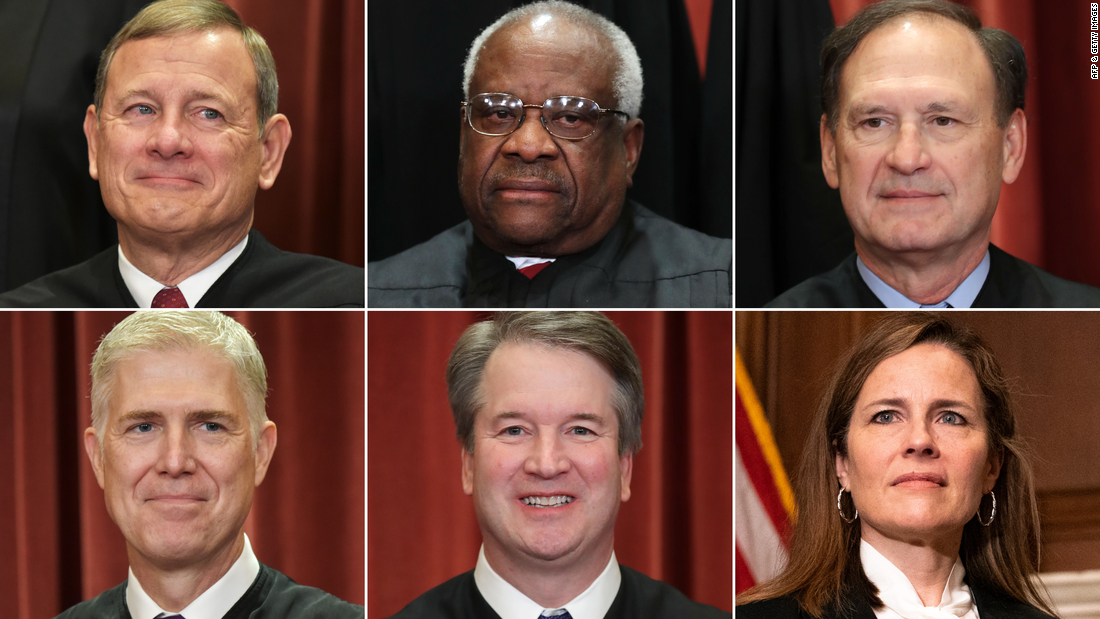
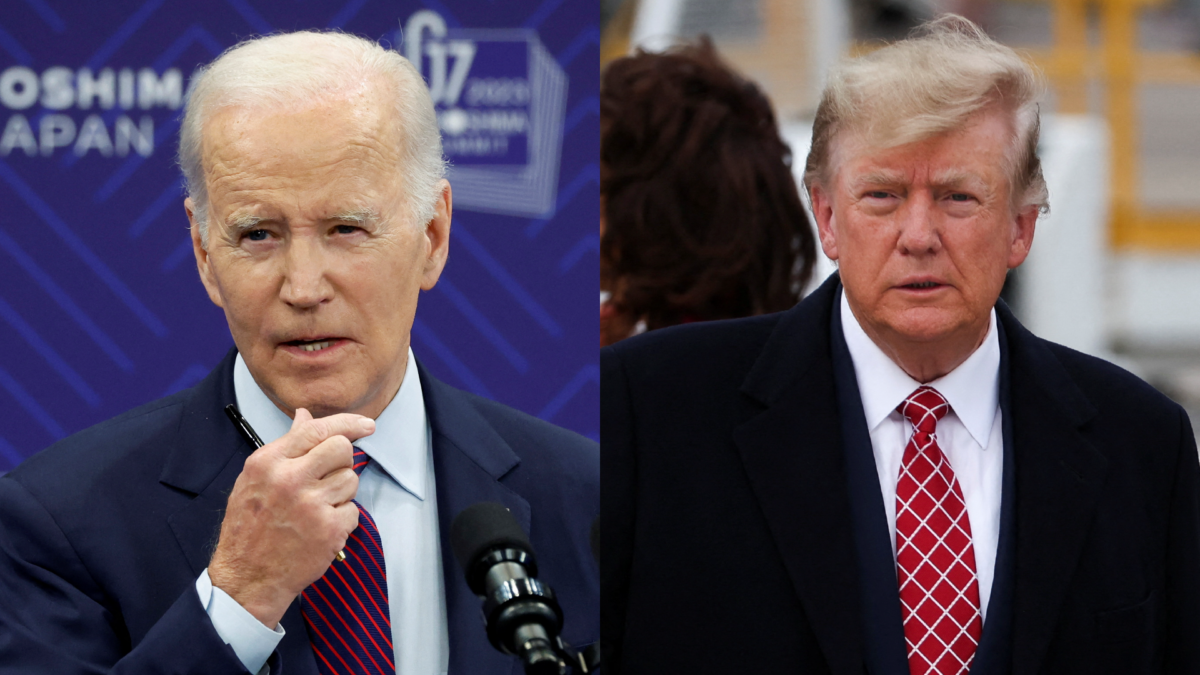
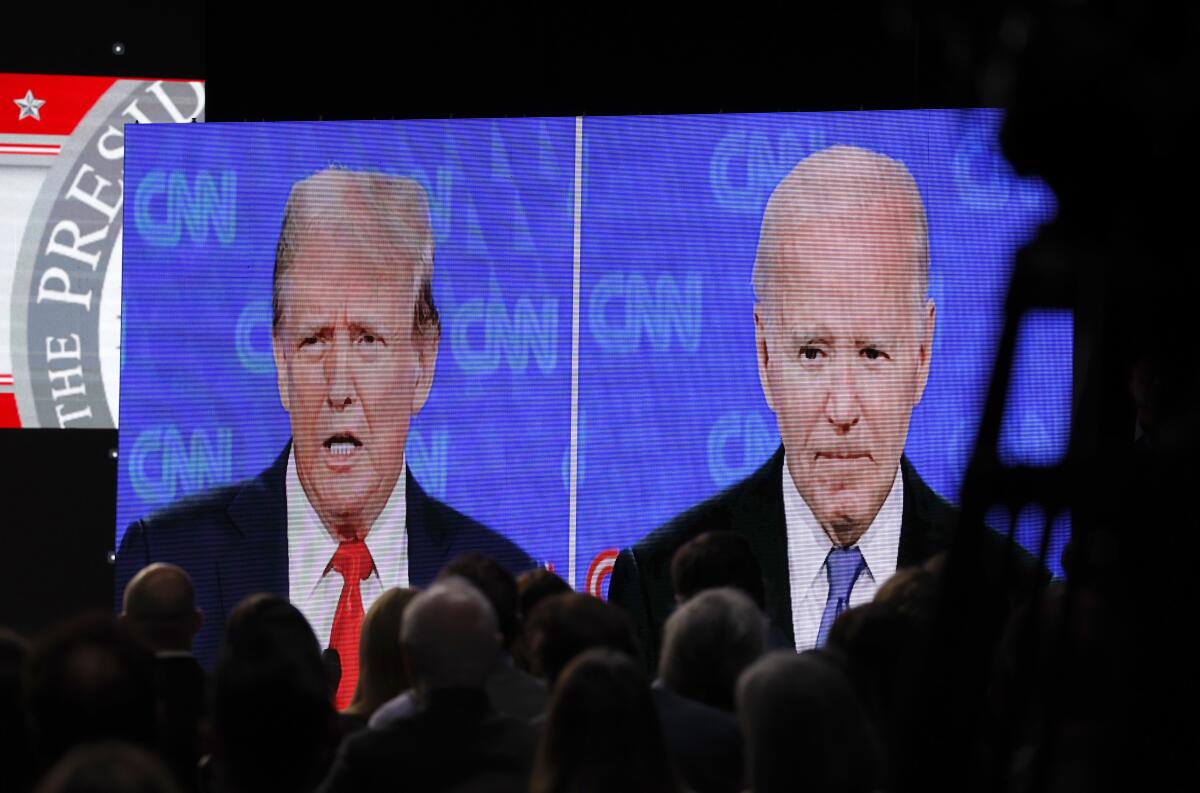
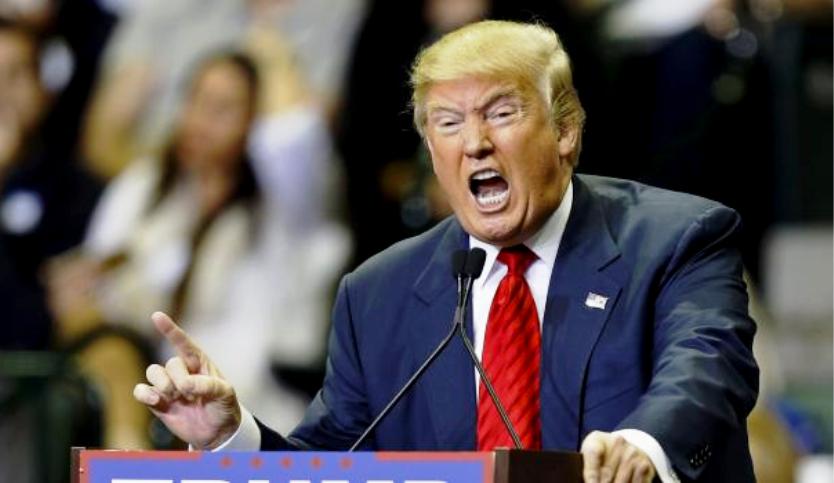
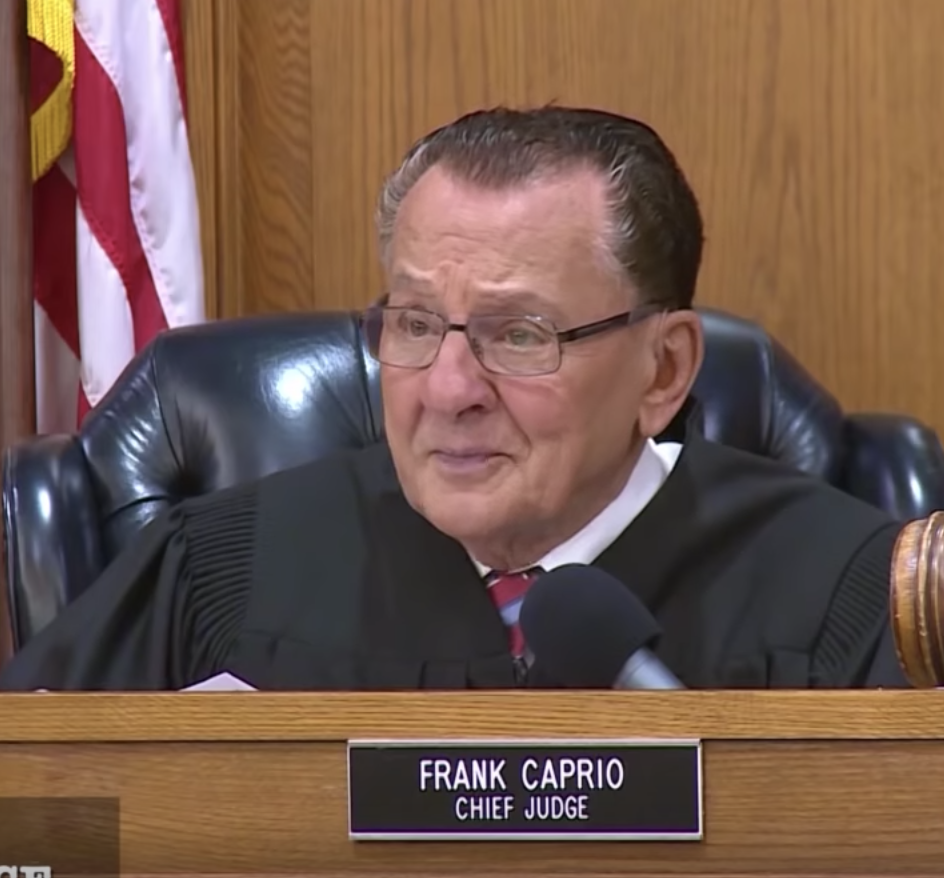



Thanks Jim for giving us more facts and things to think about. Your topic and your quotes today make me nauseous. This and the fake news looks like a very scary future.